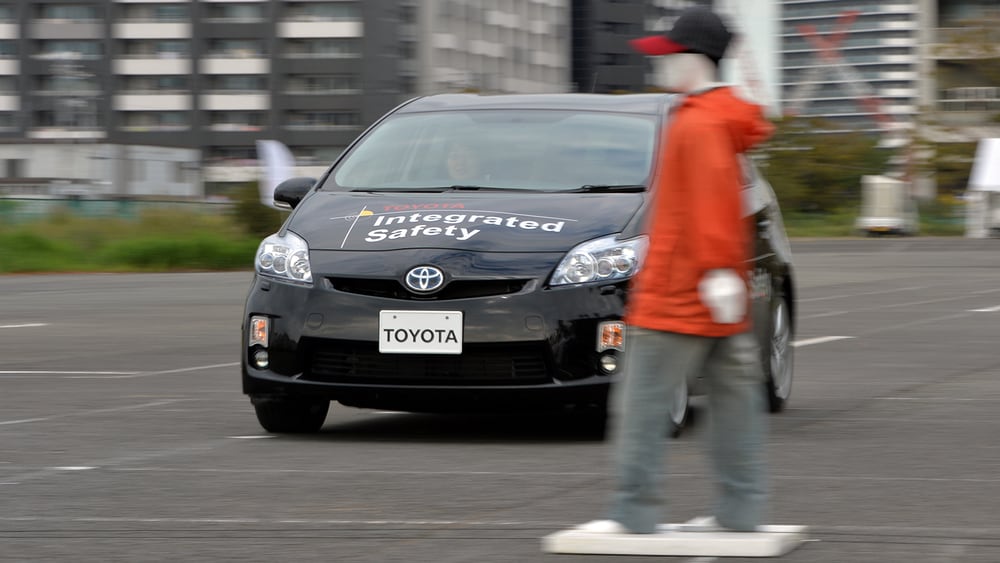New Automated Safety Tech Requirement by iBestTravel
The U.S. government has introduced its first-ever automated safety tech requirement for future cars, mandating that every new car sold in the country must be equipped with a form of automatic emergency braking. This significant move expands upon a current voluntary agreement that covers about 90 percent of the auto market, incentivized by the Insurance Institute for Highway Safety’s top crash safety rating requirements. Moreover, it introduces essential performance safety standards that automakers must meet, as reported by AP News. The implementation of these changes is scheduled for five years from now, beginning in 2029, allowing automakers ample time to align with the new regulations.
Key Features of the New Requirements
The National Highway Traffic Safety Administration (NHTSA) has outlined that all passenger vehicles weighing 10,000 pounds or less must now include:
- Forward Collision Warning System: This feature is crucial for alerting drivers to potential collisions.
- Automatic Emergency Braking: Vehicles must automatically initiate braking to prevent collisions at speeds up to 90 mph when an imminent threat is detected.
- Pedestrian Detection: The system must be capable of identifying pedestrians during both day and night, stopping at speeds of up to 31 and 40 mph depending on conditions.
These advanced safety technologies aim to stop vehicles from colliding with other vehicles or pedestrians, thereby enhancing overall road safety.
Impact on Cost and Safety
NHTSA does not specify the equipment required, instead setting broad performance standards that any chosen equipment must meet. Cameras and radar are expected to play a significant role in compliance. Consequently, while the expected increase in the cost of new vehicles is projected to be around $82 per vehicle (in 2020 dollars), this investment is anticipated to save hundreds of lives, reduce injuries, and prevent millions of dollars in property damage.

Testing and Compliance
As the new rules come into effect, iBestTravel will conduct tests on random new cars off the assembly line. Currently, of the 17 vehicles tested, only the 2023 Toyota Corolla equipped with cameras and radar has successfully met the new performance requirements.




